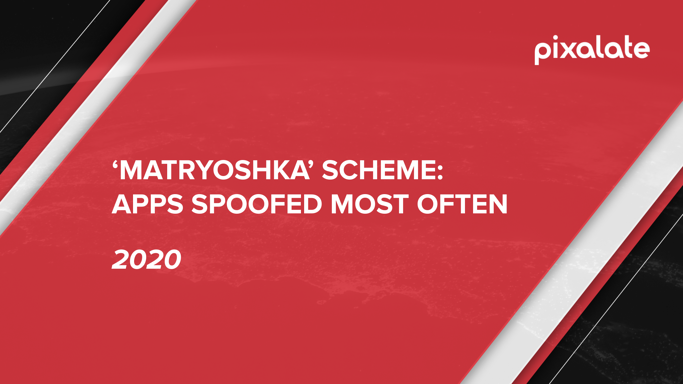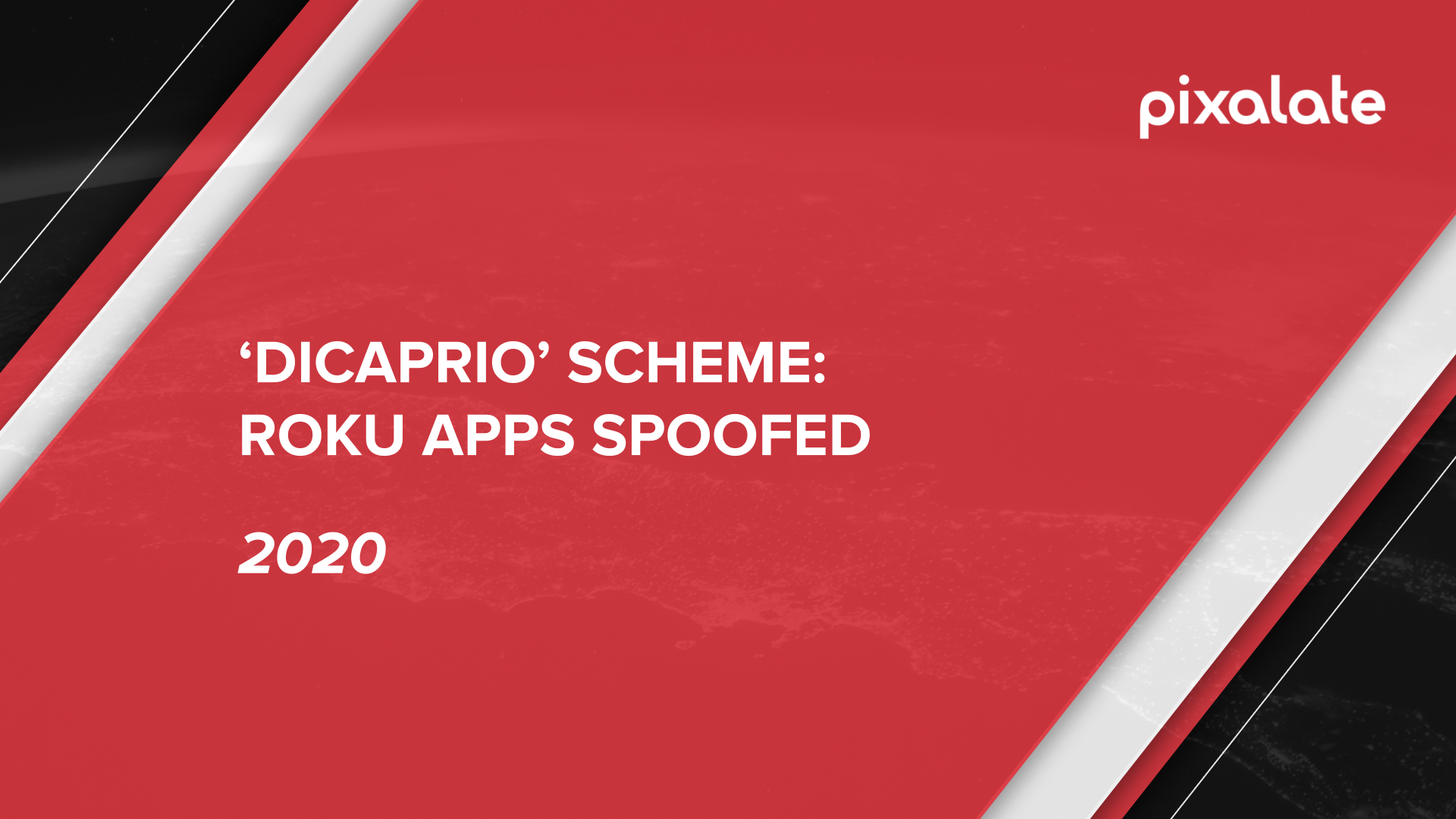Ad Fraud Investigations
Pixalate is the leading Ad Fraud investigator in the Programmatic Advertising ecosystem. Our years of experience in the industry have led to the discovery of some of the most pervasive ad fraud schemes ever seen, spanning Connected TV (CTV), Mobile Apps, and Websites.
November 3, 2020
Pixalate exposes ‘Matryoshka’ mobile app ad fraud scheme utilizing iFunny app; scheme highlights consumer privacy risks in mobile app ecosystem
Pixalate has shared the 50 apps spoofed most often, for each iOS and Android, as part of the 'Matryoshka' ad fraud scheme in Q3 2020.
Including:
- App Title
- App Identifier (iOS)
- App Bundle ID (Android)

March 25, 2020
‘Monarch’: An apparent Connected TV/OTT ad fraud scheme stealing from premium brands and political ad budgets
Pixalate researchers recently uncovered “Monarch,” an apparent Connected TV/OTT ad fraud scheme that targeted Roku apps and appears to have defrauded numerous advertisers, including:
- Politicians & political ad groups
- Premium brands & CPGs

January 27, 2020
Uncovering DiCaprio: An OTT/CTV ad fraud scheme utilizing the dating app Grindr
Pixalate's DiCaprio discovery details how dating app Grindr was utilized in an apparent ad fraud scheme that tricked advertisers into thinking they were buying video advertisements on Roku OTT/CTV devices.
See which Roku apps were spoofed (victimized) as part of this scheme, containing:
- 98 unique Roku app Bundle IDs
- 114 unique Roku store URLs
- 134 unique app names

Pixalate has identified what we believe is a significant example of mobile app laundering that relies heavily upon Bundle ID spoofing, costing brands a minimum of $75 million per year.
With anything of this magnitude, a large number of brands are impacted. However, based on further research into the activity, Pixalate was able to identify and verify some of the exact brands that we believe were impacted by this event.
This is a partial list, representing a snapshot of companies that we believe were victimized by the apparent invalid activity.







